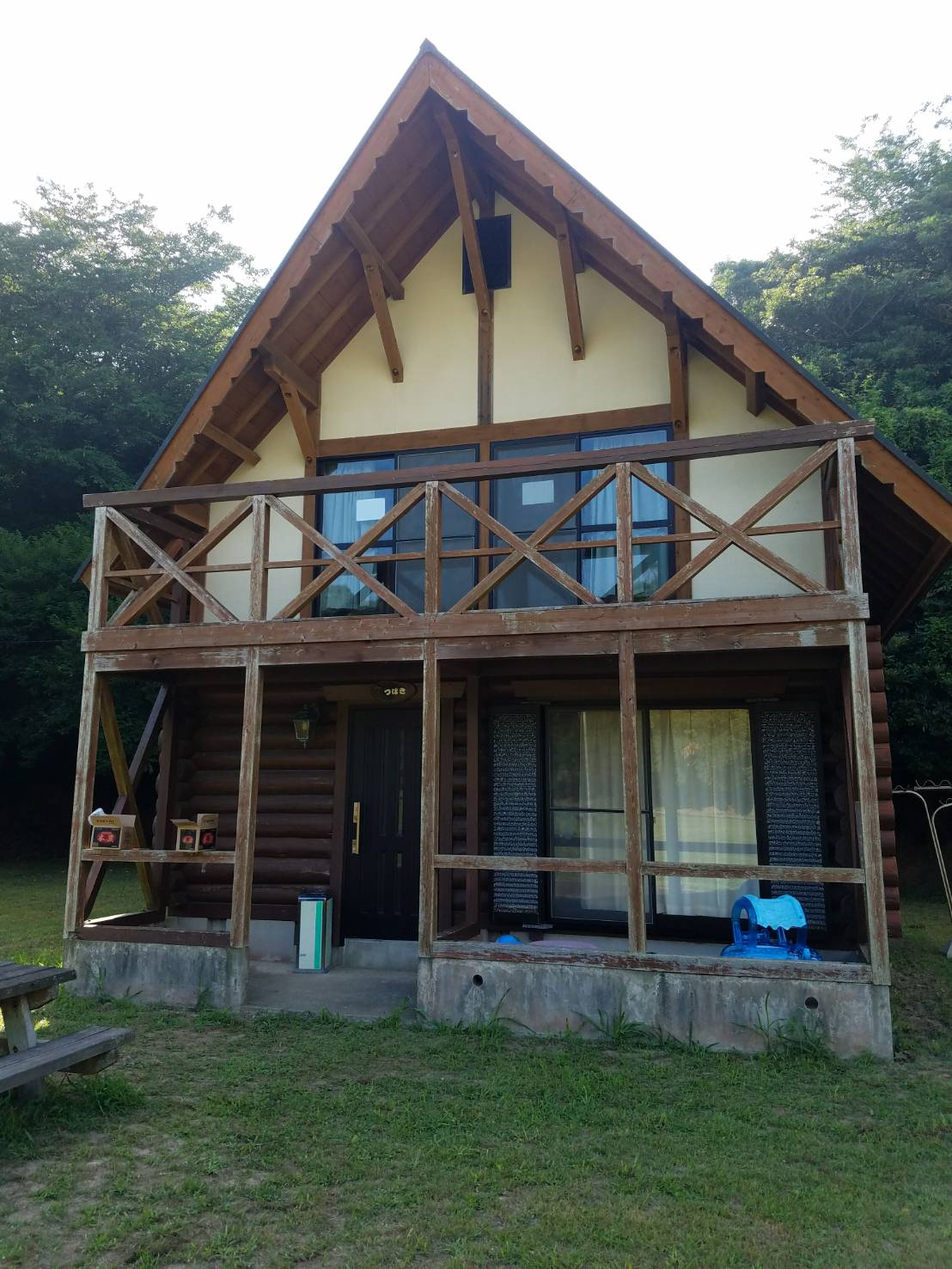トラベル英会話ーTimの五島での休暇
/Hello everyone, today(Thursday) was my daughter’s first day back at school so it’s officially the end of the summer holidays for my family. I was so happy to have my daughter at home every day all day and to be able to spend a lot of nice times with her!
This summer we travelled to Goto in Nagasaki and some of the things we did were
we went camping,
we had a barbeque,
we did kayak,
we went driving,
we ate local food,
we went to the beach,
we stayed at a nice hotel,
we went to the pool,
we did sailing,
we made new friends (some really friendly people from Korea!)
and generally had a really really nice time!
トラベル英会話ーTimの五島での休暇
みなさんこんにちは!
今日(火曜)は娘の始業式だったので、我が家の夏休みは終了です。
娘が毎日家にいて一緒に多くの時間を過ごせたのがとても幸せでした。
この夏、長崎の五島に行ってきました。以下、キャンプをした時に私たちがしたいくつかのことです。
バーベキューをしました。
カヤックに乗りました。
ドライブをしました。
地元の料理を食べました。
ビーチに行きました。
良いホテルに泊まりました。
プールに行きました。
セイリングをしました。
新しい友達ができました。(とってもフレンドリーな韓国人でした!)
そしてとってもとってもいい時間を過ごしました!
カヤックに乗ってる私と娘です。
※写真
ビーチでの私の家族と私です。
※写真
泊まった五島のロッジです。
※写真






